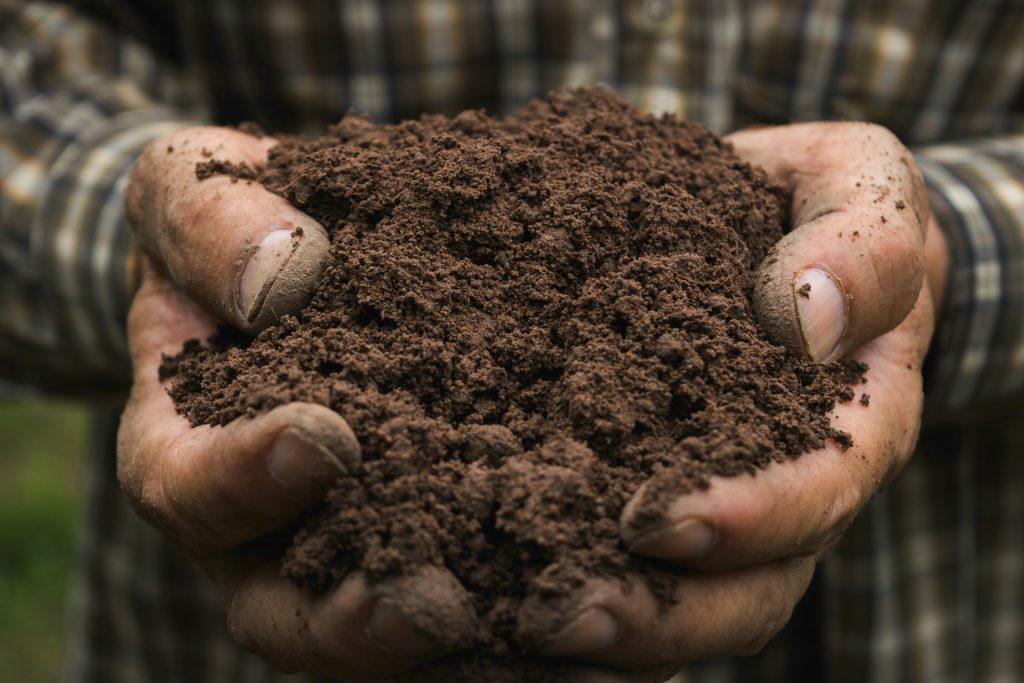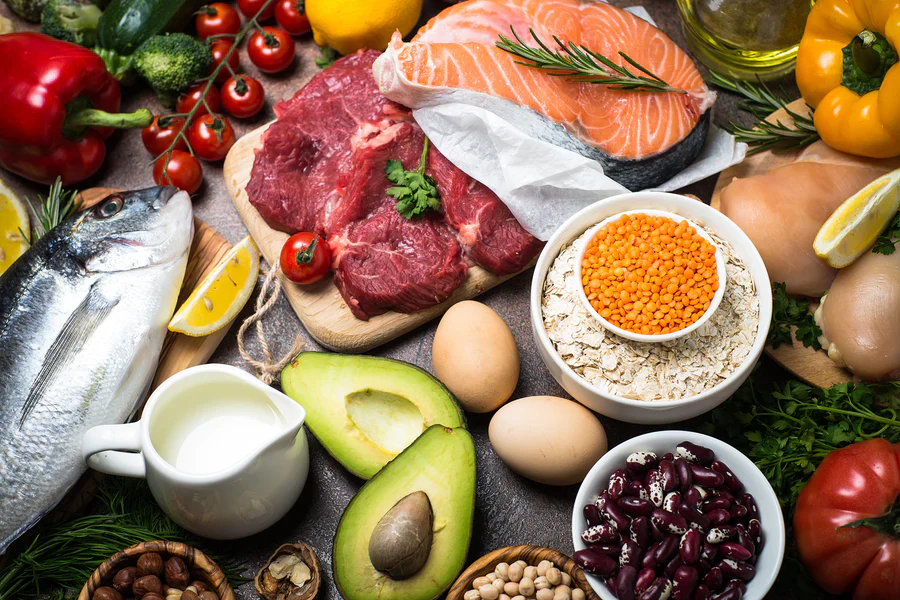Research & Innovation
We are conducting the highest quality research, leveraging cutting-edge science to develop innovative technologies that reveal how food and ingredients impact metabolism and the microbiome.
Projects

HealthyW8
Empowering Healthy Lifestyle Behavior
HealthyW8 aims to develop an integrated precision prevention approach for obesity, which includes an enhanced HLRS (Health Lifestyle Recommendation System) based on an emotions-aware HDT (Human Digital Twin). The HLRS will integrate multiple host factors, lifestyle aspects, and socio-economic and living contexts to provide personalized recommendations. More info here.


NutriSoil
Microbial Communities in Soil and Food
An industrial fellowship from the Fonds National de la Recherche (FNR), Luxembourg has been awarded to Dr. Susana Martínez in collaboration between the University of Aalborg and NIUM. This project aims to explore the role of the soil microbiome in agricultural health, focusing on how microbial communities in various soil types influence soil quality and food nutrition. By studying these microorganisms, the goal is to enhance food sustainability and promote healthier, more nutritious crops that benefit both human health and the environment.


Perform
Personalized Food-Response Models
An AFR industrial fellowship from the Fonds National de la Recherche (FNR), Luxembourg was awarded to Ms. Hélène De Franco in a collaboration between the Luxembourg Institute of Health and Nium. The project will focus on a better understanding of the individualized impact of fibers and how to leverage that information to provide personalized recommendations. More info here.


WearTech Human Impact
Personalized Food-Response Models
Nium is partnering with Arizona State University College of Health Solutions, AZ WearTech Center, and Aventyn for a pilot nutrition support study for ambulatory cancer patients. We will use our Nutrida solution to provide tailored nutrition support for patients and their healthcare teams.
Related Publications
Genome-scale metabolic reconstructions
Biochemical constraint-based models
The Virtual Metabolic Human Database
Microfluidics-based in vitro model
MicroGut (to be published)
An automated miniaturized platform to model the human gastrointestinal ecosystem
